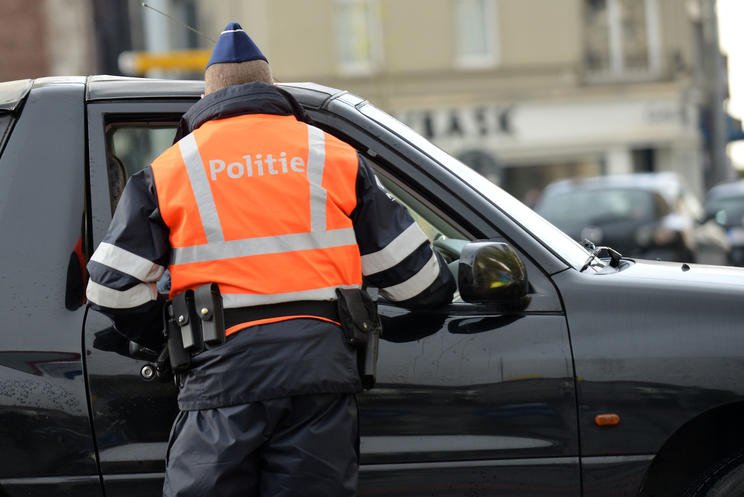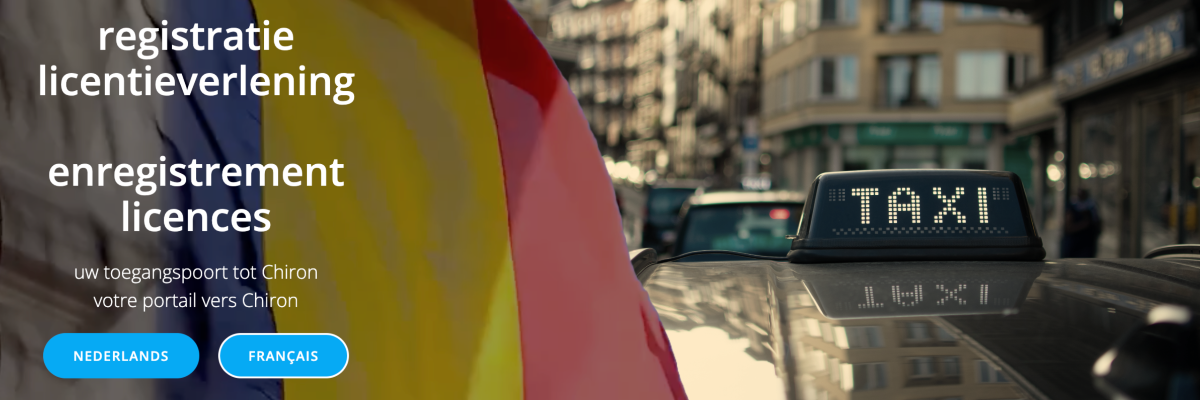From smartphone use to excessive speed, an in-depth look at the worrying trends in traffic.
From a series of traffic checks carried out by the Ghent local police, it appears that driving with a smartphone in hand and excessive speed are becoming increasingly common. Particularly striking is the large number of professional drivers, such as truck drivers, who exhibit irresponsible driving behavior. The police checked along John F. Kennedylaan, where nine professional drivers were caught using their mobile phones behind the wheel within an hour and a half. In accordance with the legislation, their driving licenses were immediately revoked for fifteen days.
The checks were also extended to anti-social driving and other traffic offences. For example, the police conducted anonymous patrols in various neighborhoods and fined drivers for various violations. This included fines for not wearing seat belts, incorrect use of child seats and even a case where a vehicle was registered abroad while the owner lives in Belgium.

The figures from this series of traffic checks, especially the violations committed by professional drivers, should be a wake-up call for everyone. Whether it's the police, policy makers or the drivers themselves, we all need to recognize our role and take action to make the roads safer for everyone.
The weekend brought no improvement. On Saturday, the police registered numerous violations, ranging from ignoring traffic signs to inappropriate speed and incorrect parking. Particularly disturbing was the behavior of drivers in Gasmeterlaan and Dok-Zuid, where 8% and 12% of the checked vehicles were speeding respectively. In some cases, speeds were measured that were more than double the permitted limit. In Gasmeterlaan, the highest speed was recorded at 120 km/h in a 50 km/h zone. Moreover, one of the speed demons in Dok-Zuid was not only too fast, but also drove under the influence of alcohol, which resulted in a fine of no less than 1.270,02 euros.
sancties
Given the results of the checks, it appears that more is needed to achieve behavioral change than just information. It would be useful to investigate whether stricter sanctions, such as higher fines or longer driving bans, could serve as a more effective deterrent. Furthermore, one could argue that there is a need for a rethink of the role technology plays in our daily lives, especially in the car. While smartphones and other gadgets have improved our lives in many ways, they also create distractions that can lead to an accident in a split second.



